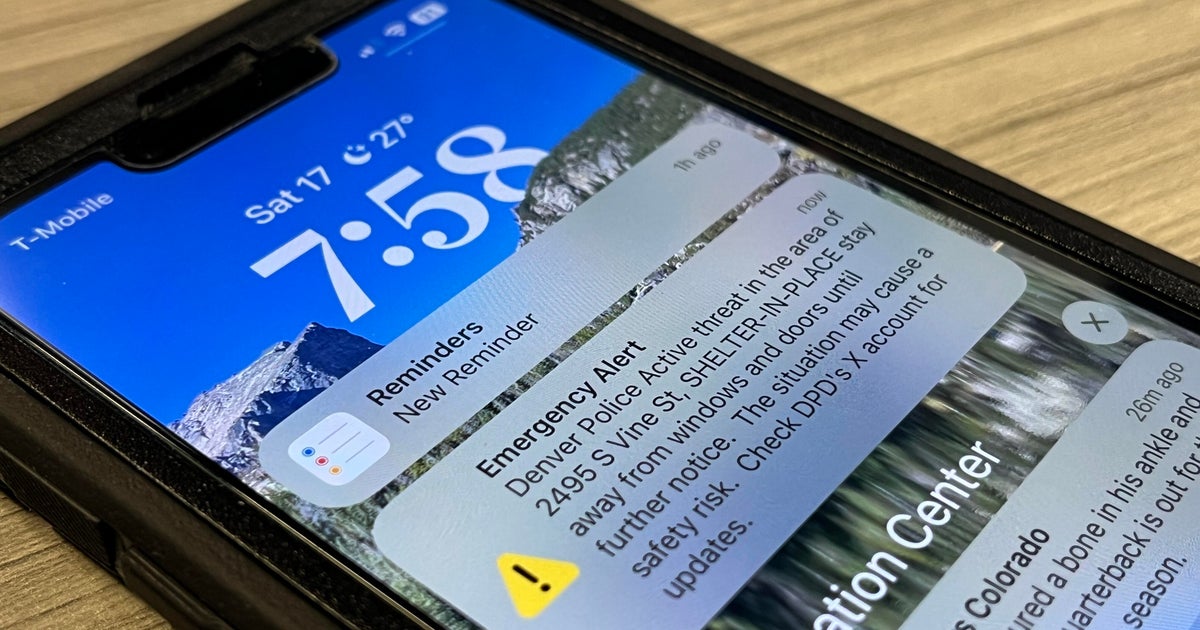Call Kurtis: Airman Gets Shock With $16,098 Phone Bill
A teenage airman was shocked when he got a $16,098 cell phone bill. It arrived shortly after his trip home to Sacramento for the holidays. His dad called Kurtis to investigate.
His son, 19-year-old Jordan Webster, is serving in Guam.
"I'm very proud," says Jordan's dad, Barry, "He went through basic training with flying colors."
Barry hadn't seen Jordan in a year and a half, until December, when he got leave from his Air Force base in Guam. While in Sacramento, Jordan didn't think twice about using his smartphone.
"He said that they did go on a couple YouTubes, a couple other sites," says Barry.
But after getting back on base, Jordan called his dad, upset over his cell phone carrier IT&E billing him $16,098.50 for data charges.
IT&E says he burned through 1,609,850 kilobytes in just six days. The company charges one cent per kilobyte for data used in the U.S., hence, the $16,098.50 bill.
"I was just floored, I was ... It just enraged me," says Barry.
"People don't really understand how much data their activities really eat up," says CNET senior writer Maggie Reardon.
Reardon says 1,609,850 kilobytes is a lot of data to use in just six days, but it is possible. She says before traveling abroad, you should always check with your carrier or put your phone on airplane mode, so you don't use any data at all.
"You should get an international data plan. You should use Wi-Fi where you can," says Reardon.
Jordan was able to lower his bill to $4,829.55, but he and his dad were still questioning whether he really used that much data.
IT&E tells us he did. They provided CBS13 with a statement about Jordan's situation that read in part: "When IT&E was made
aware of Mr. Webster's excessive roaming charges through an alert report from Syniverse, we immediately notified our customer by SMS and suspended the service on the same day to prevent him from incurring additional data charges."
The next time Jordan comes home, Barry has a plan, "Not use the cell phone at all. You know, I'll just get a tin can and string."
By this October, the major cell phone carriers in the U.S. have agreed to start sending alerts to customers when they're about to incur overage or roaming charges.







